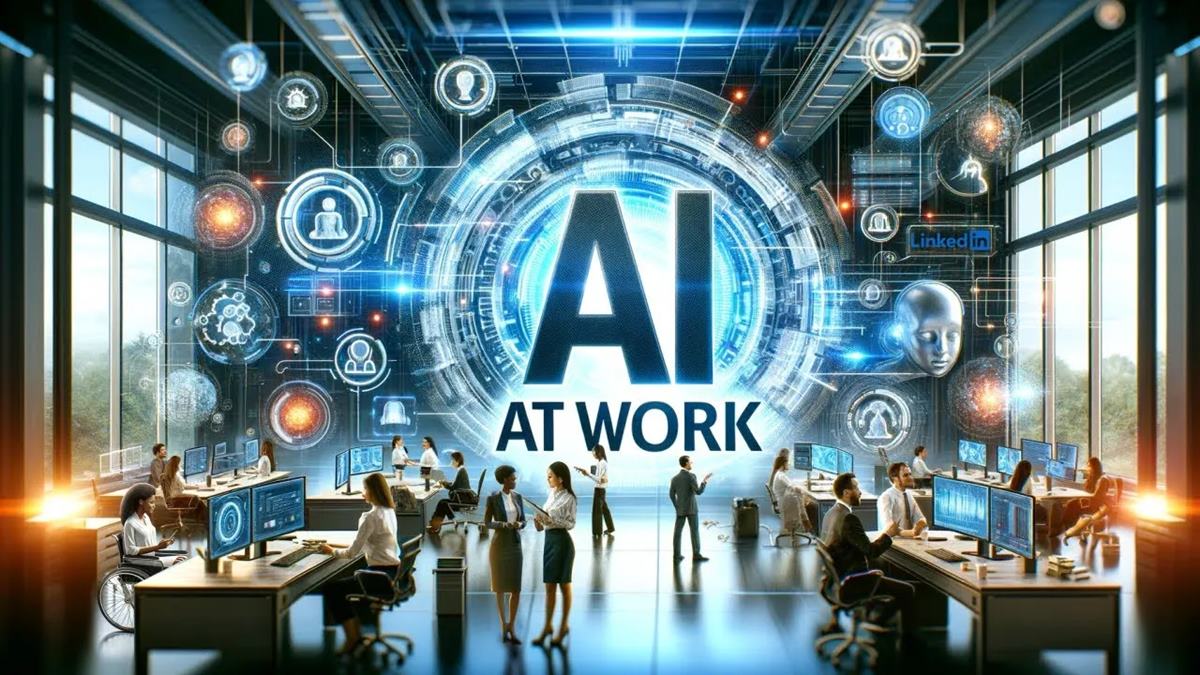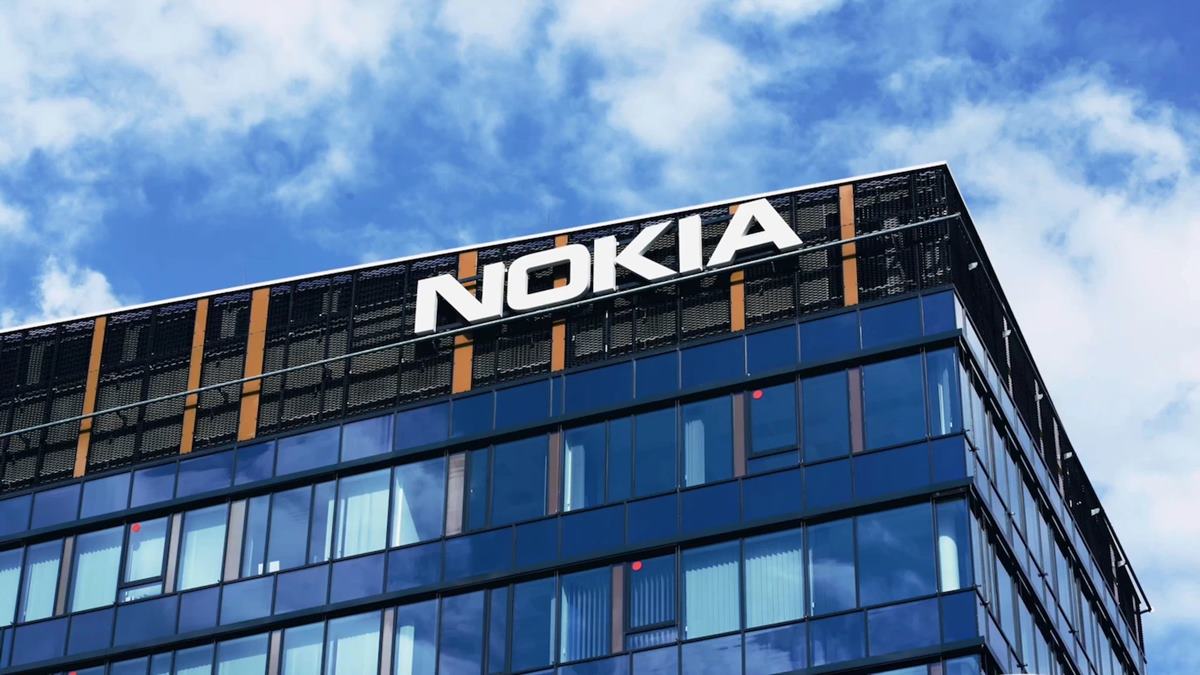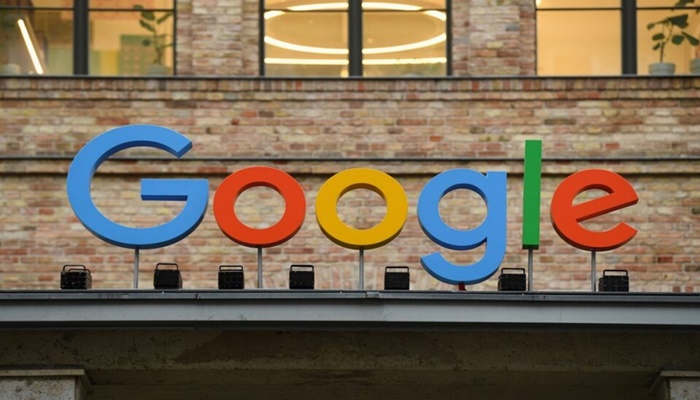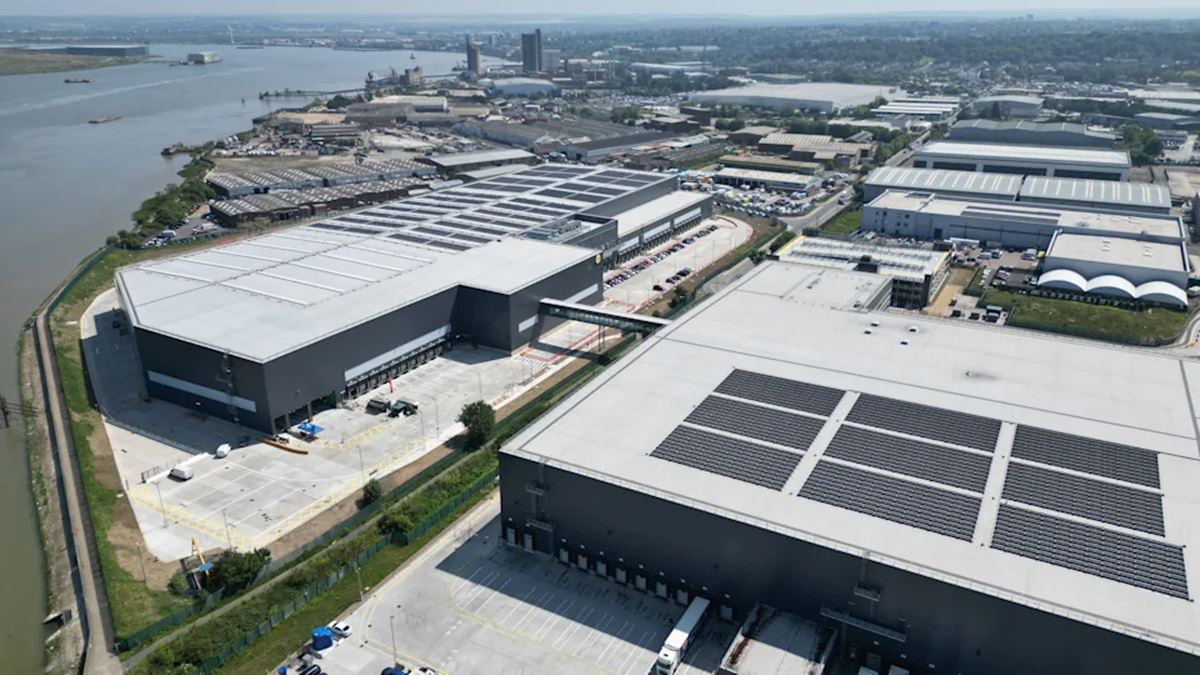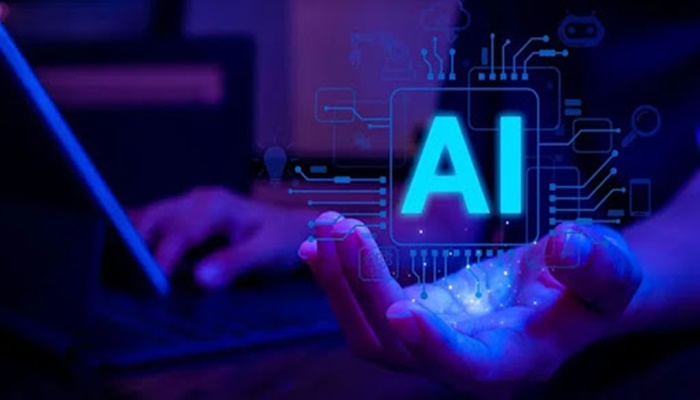In late April, Luis von Ahn, founder and CEO of the language-learning app Duolingo, sent an email to all employees with startling news. The company, which describes itself as “AI-first,” plans to eliminate contract workers whose tasks can now be completed by artificial intelligence.
Duolingo isn’t alone. In March, Shopify implemented a policy requiring managers to prove that AI cannot do a given job before new hires are approved. In May, Salesforce confirmed that integrating AI into its operations led to a hiring slowdown, and 500 customer service employees were reassigned to other roles. That same weekend, Business Insider laid off 21% of its staff while reaffirming its commitment to AI. “Over 70% of Business Insider employees are already using Enterprise ChatGPT regularly (our goal is 100%),” CEO Barbara Peng wrote in a memo.
Ever since the launch of powerful generative AI models and autonomous agents two and a half years ago, experts have warned that such technology could reduce recruitment and even lead to layoffs, particularly in white-collar professions. While once considered speculative, mounting evidence shows this is already happening. Recent data suggests these are not isolated incidents: the replacement of human workers with AI, especially at the junior level, is well underway.
Zanele Munyikwa, an economist at labor analytics firm Revelio Labs, recently examined online job postings for roles involving tasks AI can now perform. She found that listings for such positions have declined by 19% over the past three years. Her conclusion: companies are choosing not to hire for jobs AI can handle.
According to Munyikwa, roles with high exposure to AI – such as database managers, IT specialists, and data engineers – are more vulnerable to reduced demand than lower-exposure jobs like restaurant managers, construction foremen, or mechanics. In other words, white-collar jobs reliant on data processing and analysis are facing the sharpest drop in demand. Yet, she cautioned that it’s not clear whether AI in its current state is capable of doing all the white-collar jobs that employers think it can do.
The trend is also visible in macroeconomic data. The U.S. unemployment rate for recent college graduates has surged to 5.8%, a sharp rise. According to the Federal Reserve Bank of New York, employment prospects for this group are “deteriorating markedly.” In May, Oxford Economics reported that this spike in graduate unemployment is driven in large part by shifting hiring practices in the tech industry. “There are signs that entry-level jobs are being replaced by artificial intelligence at an accelerating pace,” the firm noted.
According to The New York Times, this data may only hint at the broader transformation already underway. More companies are rapidly automating entry-level positions and replacing junior employees with AI agents. One tech executive told the paper that their firm had ceased hiring programmers with 3–7 years of experience, since AI coding tools can handle the work. Another startup said one data scientist now does what previously required a 75-person team.
Anthropic CEO Dario Amodei echoed that concern in a recent interview with Axios, predicting that AI could wipe out half of all entry-level jobs and increase overall unemployment by 10–20% over the next five years. “Most workers are unaware that this is going to happen,” he said. “It sounds crazy. People just don’t believe it.”
Still, the future Amodei envisions is not inevitable. The technology is not yet foolproof, and some companies have been forced to backtrack. Swedish fintech Klarna, which announced two years ago that it would replace its customer service staff with AI chatbots, has since begun rehiring humans after customer complaints about declining service quality. In some cases, companies may adopt AI too quickly, expecting imperfect systems to improve rapidly, only to find that the results fall short.
But this may be a temporary hiccup. The pace of improvement among AI models from firms like OpenAI and Google has been dramatic. Even smaller players, such as China’s DeepSeek, have shaken up the field with impressive advances.
A more fundamental long-term question is what companies will do about complex jobs AI can’t yet perform. Today’s experienced professionals once began as junior employees, trained through real-world tasks and mentorship. But in today’s automation-heavy environment, many companies are unwilling to invest in early-career talent. Without entry-level training, companies may struggle to develop the senior experts they’ll need in the future. Then again, perhaps they’re betting that by the time this becomes a problem, AI will be able to do those jobs too.
Source – https://www.calcalistech.com/ctechnews/article/rkqg5y1xg



